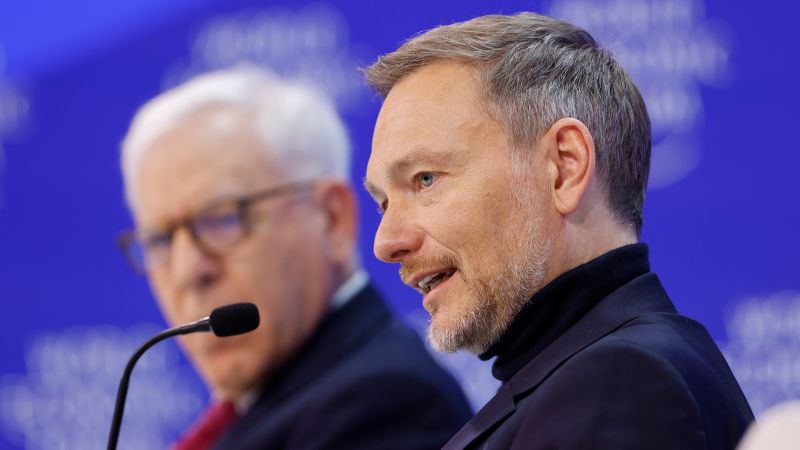France is no stranger to political drama. But the turbulence of the past two years has pushed Europe’s second-largest economy into uncharted territory, leaving many to wonder if the country is sliding into the dreaded role of “the sick man of Europe.”
A Political Merry-Go-Round
In less than two years, France has cycled through five prime ministers — a pace of turnover that would once have been associated with Italy’s post-war political fragility. The revolving door in government has paralyzed decision-making and eroded confidence in President Emmanuel Macron’s ability to steer the nation.
The crisis stems largely from Macron’s decision to dissolve the National Assembly in the summer of 2024. His gamble backfired spectacularly. Rather than producing a stronger mandate, it left parliament divided into three hostile blocs — centrists, left-wing parties, and the far-right; none of which can form a majority. In practice, this has made governing next to impossible.
Debt and Dwindling Confidence
Beneath the political instability lies a more dangerous threat: France’s ballooning national debt, which has now climbed past €3 trillion — about 114% of GDP. Servicing that debt already costs the government more than any ministry except education and defence, and is forecast to hit €100 billion annually by the end of the decade.
Ratings agency Fitch recently downgraded French debt, raising fears that borrowing will become even more expensive. Some commentators warn that if this trend continues, Paris may have no choice but to turn to the International Monetary Fund (IMF) or seek emergency intervention from the European Central Bank.

Veteran political analyst Nicolas Baverez captured the mood starkly: “At this critical moment, when the very sovereignty and freedom of France and Europe are at stake, France finds itself paralysed by chaos, impotence and debt.”
A Nation in Protest Mode
Adding to the turmoil, the streets have once again become battlegrounds. A general strike this week and widespread protests — some hijacked by far-left groups — reflect growing frustration with austerity measures and proposed spending cuts.
François Bayrou, the recently ousted prime minister, tried to slash €44 billion from the 2026 budget, even suggesting the abolition of two national holidays to pay for defence. His proposals united both the far-left and far-right against him, leading to his downfall.
Macron’s Diminishing Time
With just 18 months left in his second term, Macron faces dwindling political capital and mounting challenges. Once hailed as a reformer who could modernize France, he is now battling to preserve his legacy while navigating a parliament designed for gridlock.
Some analysts argue that France’s fundamentals — its wealth, infrastructure, and strong institutions — could yet help it weather the storm. But others warn that failure to restore stability could leave the country weakened, vulnerable to populism, and adrift within the European project.
A Historic Turning Point
France stands at a crossroads:
-
Scenario One: Macron finds a way to stabilize finances and navigate political fractures, preserving France’s central role in Europe.
-
Scenario Two: paralysis continues, debt spirals, and the country becomes increasingly prey to extremist politics, cementing its place as the “new sick man of Europe.”
For now, one thing is clear: the grandeur once associated with France’s leadership in Europe is under severe strain — and its recovery is far from assured.




